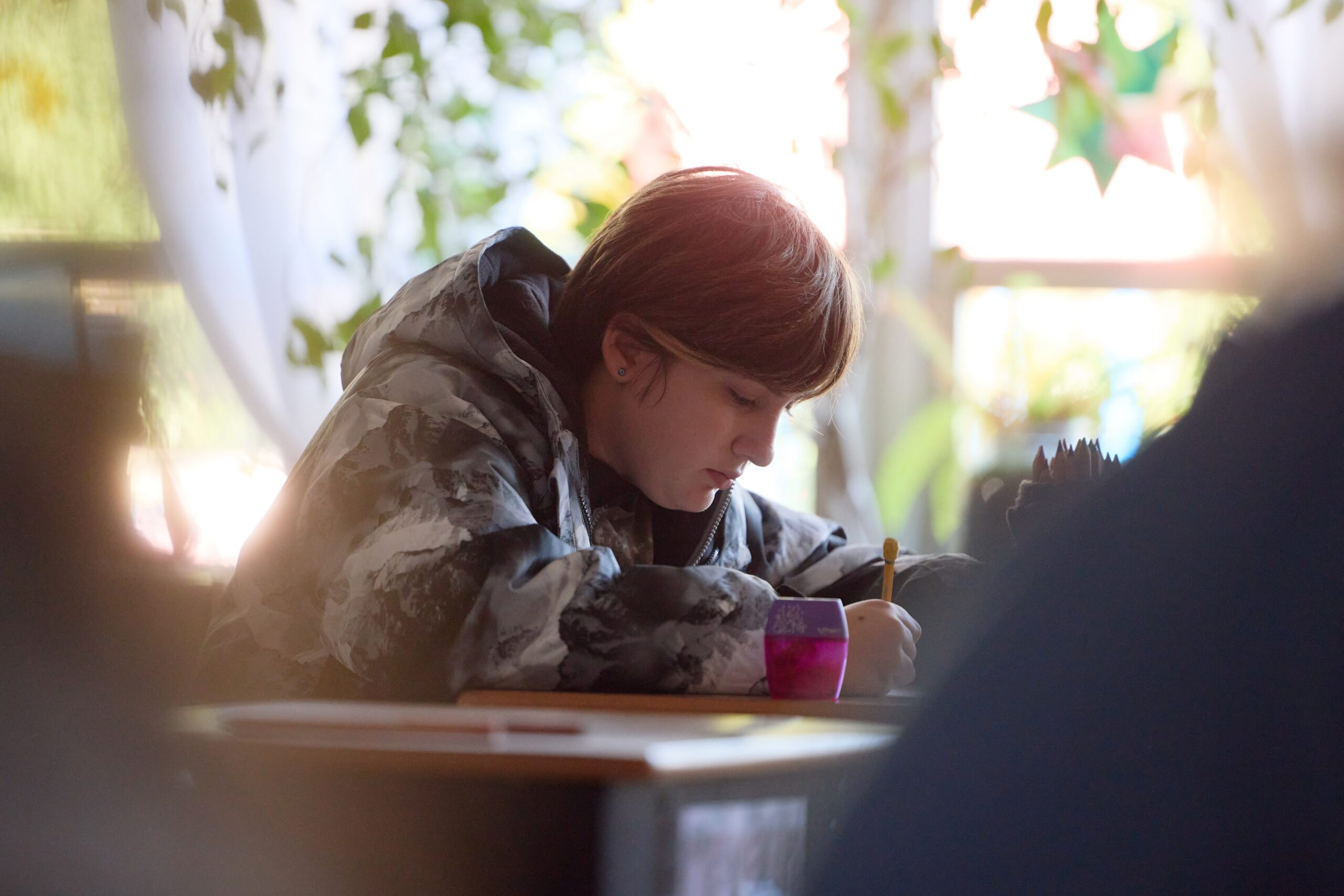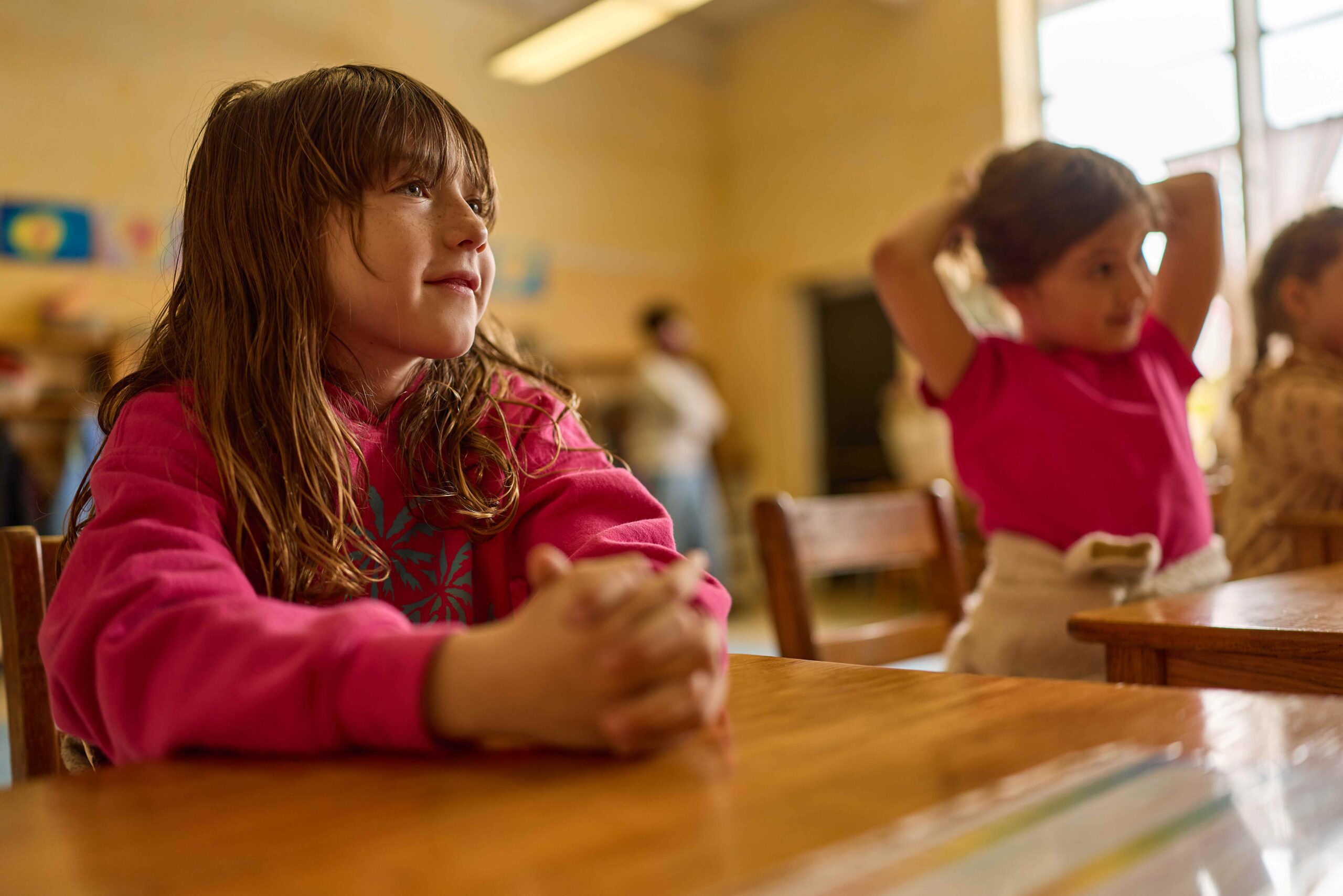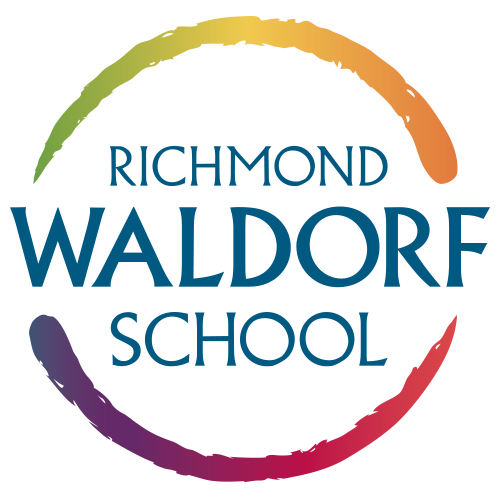
Everyone Learns Differently: That’s Why Waldorf Works
At Richmond Waldorf School, we begin with a simple truth: children don’t all learn the same way. Some take in the world through images and color, while others latch onto stories and spoken language. Some make sense of things best when they can write or draw, and some need to move, build, or touch in order to understand. These differences reflect the four commonly described learning styles — visual, auditory, reading/writing, and kinesthetic — and they show up clearly in every classroom. When teaching focuses too narrowly on one style, some children naturally thrive while others struggle. Waldorf education […]

Why Hands-On Science Matters: How RWS Helps Students Stay Curious
A recent report from the National Assessment of Educational Progress (NAEP) revealed a nationwide drop in 8th-grade science scores. Researchers point to two major trends behind the decline: students are engaging in fewer hands-on scientific investigations, and schools are relying more heavily on digital tools in place of direct, experiential learning. For educators, this is concerning. However, for those of us in Waldorf education, it also reinforces something we have long understood: children learn science most deeply when they can observe, question, experiment, and discover through real-world experience.

Want Resilient Kids? Try Waldorf
Growing Resilience at Richmond Waldorf School At Richmond Waldorf School, we see resilience in small, beautiful moments every day. An early childhood student riding a pedal bike for the first time. A sixth grader sanding the edge of a project just one more time to get it right. A student in the class play who flubs a line, takes a deep breath, and carries on. Resilience isn’t something you can teach from a textbook, but is something that grows quietly through experience, care, and connection. The recent Edutopia article on building resilience reminds us that confidence, adaptability, and problem-solving are the […]

RWS Hosts Community Enrichment Series Book Talk on “The Anxious Generation”
Community Enrichment Series: Book Talk on The Anxious Generation Join Us for an Important Conversation We’re thrilled to invite the RWS community—parents, educators, students, and neighbors—to the upcoming installment of our Community Enrichment Series: a compelling Book Talk on The Anxious Generation by Jonathan Haidt. Copies of the book are available by request through the Parents Association! Why The Anxious Generation Matters In The Anxious Generation: How the Great Rewiring of Childhood Is Causing an Epidemic of Mental Illness, social psychologist Jonathan Haidt presents a thought-provoking examination of how modern childhood, reshaped by smartphones, social media, and overprotective parenting, […]

Richmond Waldorf School Earns SAIS Accreditation
Richmond Waldorf School has earned status as an accredited member of SAIS, a professional association committed to serving and accrediting independent schools. To earn this accreditation, Richmond Waldorf School complied with quality standards, was evaluated by an outside group of peer professionals, and implemented a school plan focused on strategic improvement and student performance in accordance with the school’s mission. SAIS-accredited member schools are part of an international network of accredited schools that have demonstrated success in educating children. As such, SAIS accreditation is recognized throughout the world as a symbol of quality in education for students and teachers. […]

Strategic Path Update – November 2025
Dear Richmond Waldorf School Community, It was about a year ago that the 2030 Strategic Path, our school’s long-range plan, was finalized. Over the last 11 months we have taken many steps together along the path in direct support of the 3 themes as we grow and reach towards our school’s vision: Theme 1: Seamless Learning Theme 2: Vibrant Community Connections Theme 3: Sustainable Growth & Well-being Below are some of the results, or milestones, that express the positive impact made that moves us along the many pathways of the 2030 Strategic Path:

Strategic Path Update – June 2025
Dear Richmond Waldorf School Community, I have the esteemed pleasure of standing at the crosswalk next to the Early Childhood drop off location in the mornings each day. There are so many stories I could tell from these experiences as our families make their way on to our campus. One thing that I see regularly that stands out is observing so many of our grade school students waving at their former early childhood teachers as they circle the corner to make their way to the back wooden gate for their drop off. The path that our teachers form […]

Education Should be Joyful
What if the key to academic success wasn’t more pressure, more testing, or more hours at a desk—but more joy? At Richmond Waldorf School, we believe that education thrives when it begins with joy. It’s not a nice-to-have; it’s essential. Research consistently shows that when students learn in environments that are joyful, immersive, and low in stress, their academic performance improves, their confidence grows, and their overall well-being soars.
